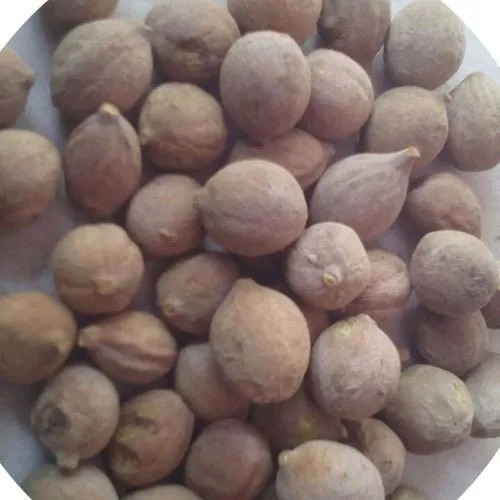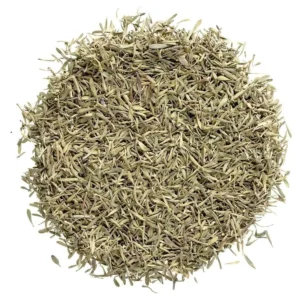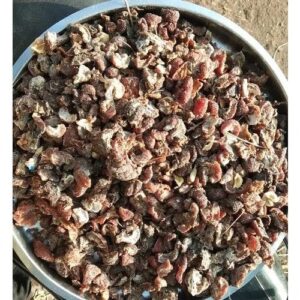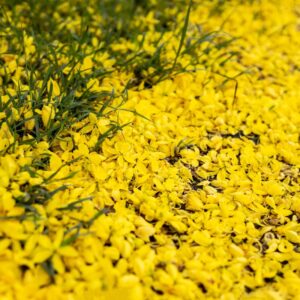Description
Common Names:
- Baheda (in India)
- Belliric Myrobalan
- Bibhitaki (in Ayurvedic medicine)
Botanical Classification:
- Family: Combretaceae
- Genus: Terminalia
- Species: T. bellirica
Description: Terminalia bellirica is a deciduous tree native to South Asia, including India, Sri Lanka, and parts of Southeast Asia. It grows to a height of about 30-40 meters (98-131 feet) and is known for its large, leathery leaves and yellowish flowers. The tree produces a fruit that is used in traditional medicine.
Forms:
- Dried Fruits: Commonly used in traditional medicine and as an ingredient in herbal formulations.
- Powdered Form: Ground dried fruit used in supplements and Ayurvedic preparations.
- Extracts: Concentrated form used in various health supplements.
Nutritional and Phytochemical Benefits:
- Rich in Tannins: Contains tannins which have antioxidant and astringent properties.
- Contains Active Compounds: Includes ellagic acid, gallic acid, and other phenolic compounds.
- Provides Essential Minerals: Contains calcium, magnesium, and potassium.
Health Benefits:
- Digestive Health: Known for its use in traditional medicine to improve digestion and treat gastrointestinal issues.
- Antioxidant Properties: The tannins and other compounds help neutralize free radicals and reduce oxidative stress.
- Immune Support: May help boost the immune system due to its phytochemical content.
- Respiratory Health: Traditionally used to treat respiratory issues and coughs.
- Skin Health: Often used in traditional remedies for its astringent properties, which can support skin health and wound healing.
Traditional Uses:
- In Ayurveda: Terminalia bellirica is one of the three fruits in the Triphala formulation, a traditional Ayurvedic remedy used to balance the body’s doshas and support overall health.
- In Traditional Medicine: Used in various forms to treat a range of conditions including digestive issues, respiratory ailments, and skin problems.







